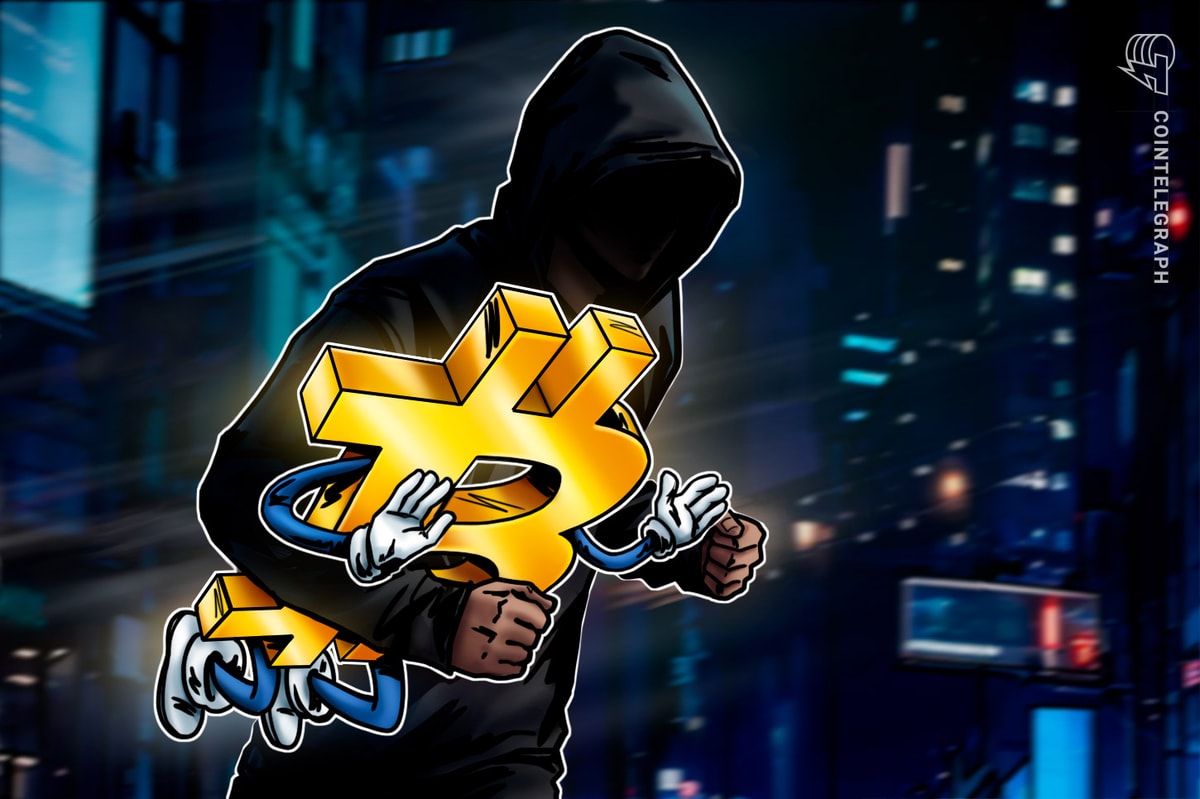Despite being around for more than 15 years, Bitcoin still faces skepticism from media pundits, market analysts and even regular people. For those who have ever encountered someone dismissing Bitcoin as a scam or claiming its value is unsubstantiated, Cointelegraph’s latest video dismantles the five most prevalent misconceptions about premier cryptocurrency.
One of the most common anti-Bitcoin (BTC) talking points is that it lacks “intrinsic value.”
It’s true that, unlike fiat currency, Bitcoin isn’t backed by a central bank, and its value doesn’t stem from traditional cash flows or dividends of publicly traded stocks. However, dismissing Bitcoin’s intrinsic value overlooks the unique attributes that render it valuable: decentralization and borderlessness, which enable efficient global value exchange, and scarcity, which make it an appealing hedge against currency devaluation.
Another prevalent accusation is that Bitcoin operates as a Ponzi scheme, where early adopters profit from subsequent investors until the scheme collapses.
While it's accurate that early Bitcoin adopters amassed wealth as the digital asset's value surged, comparing Bitcoin to a Ponzi scheme ignores a crucial distinction: Bitcoin operates within a fully decentralized network devoid of any central controlling entity. This decentralized nature thwarts any attempts by malicious actors to seize control.
For insights into three other common myths surrounding Bitcoin and arguments to debunk them, watch the full video on Cointelegraph’s YouTube channel. Don’t forget to subscribe!








